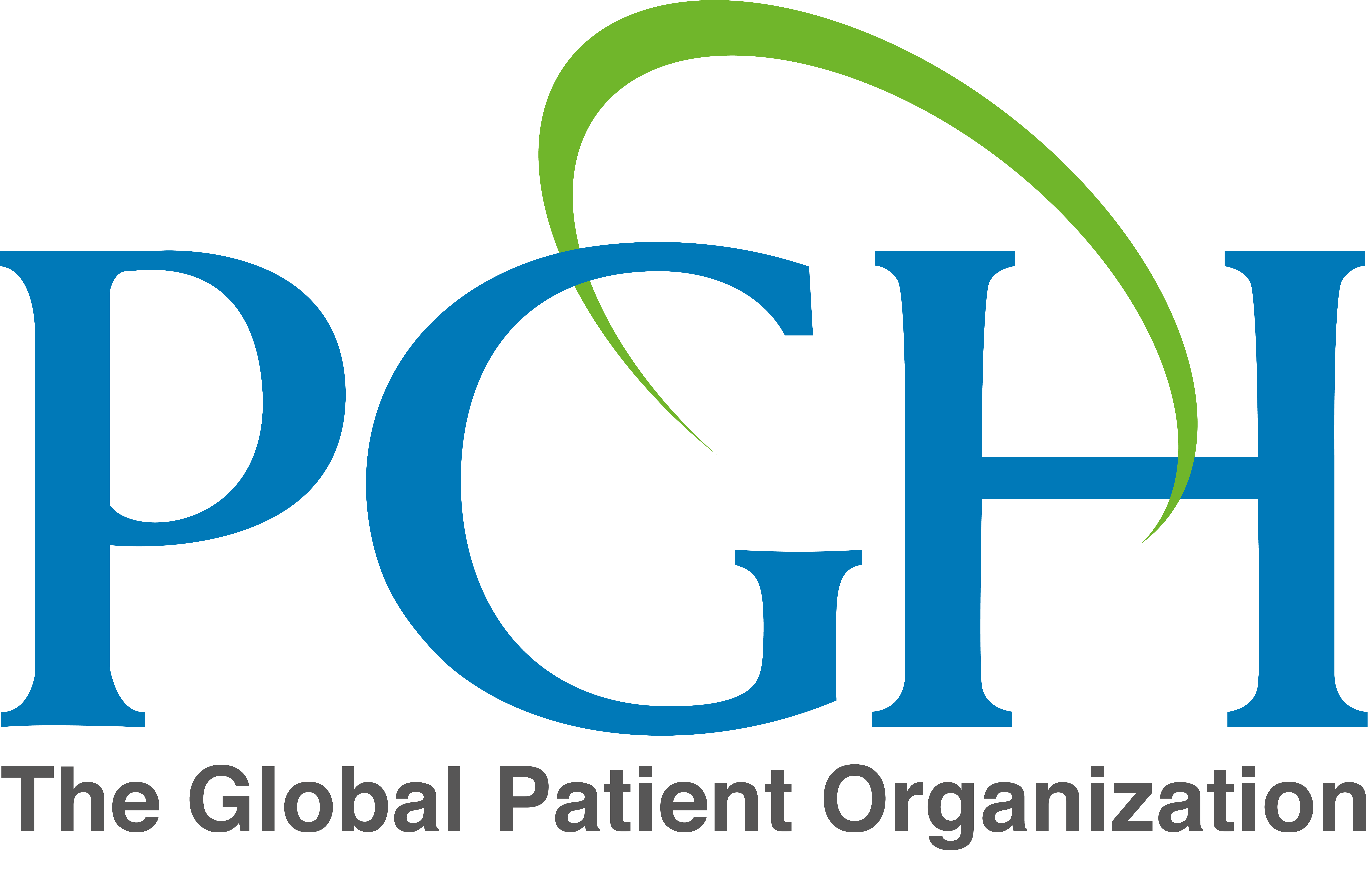Our story
Cancer, heart disease, and critical illnesses impact individuals, families, and caretakers around the world across multiple dimensions: physically, financially, and emotionally. The incidence and survival rates highlight disparities in the availability of healthcare technologies, the capability and size of healthcare systems, support, and resources, and processes designed to save costs, not lives.
Having first-hand experience with these inequities, over 25 years ago, a group of medical and international risk management experts with backgrounds from MIT and Harvard set out to develop patient-centered, specialist services that guarantee globally recognized and proven independent medical expertise by all-star medical teams. Through PGH, patients are provided with the highest standards of care, with trusted and impartial advocacy, and professional and compassionate care management through each step of their recovery journey.
Power to the Patient
Main causes of preventable medical errors

Misdiagnosis - incomplete or incorrect diagnosis, usually arising from error or omission.

Wrong or inferior treatment plan – as a result of a wrong diagnosis, or lack of knowledge of or access to the best course of treatment, technology, or drugs.

Lack of coordination or orchestration, missing quality care management, or communication breakdown between multiple doctors and the various stages within a healthcare system.

Inexperience or unfamiliarity with treatment protocols or technologies.

Lack of informed participation by patients in their treatment decisions and of understanding risks and options. Decisions based on subjective recommendations rather than measured performance.
